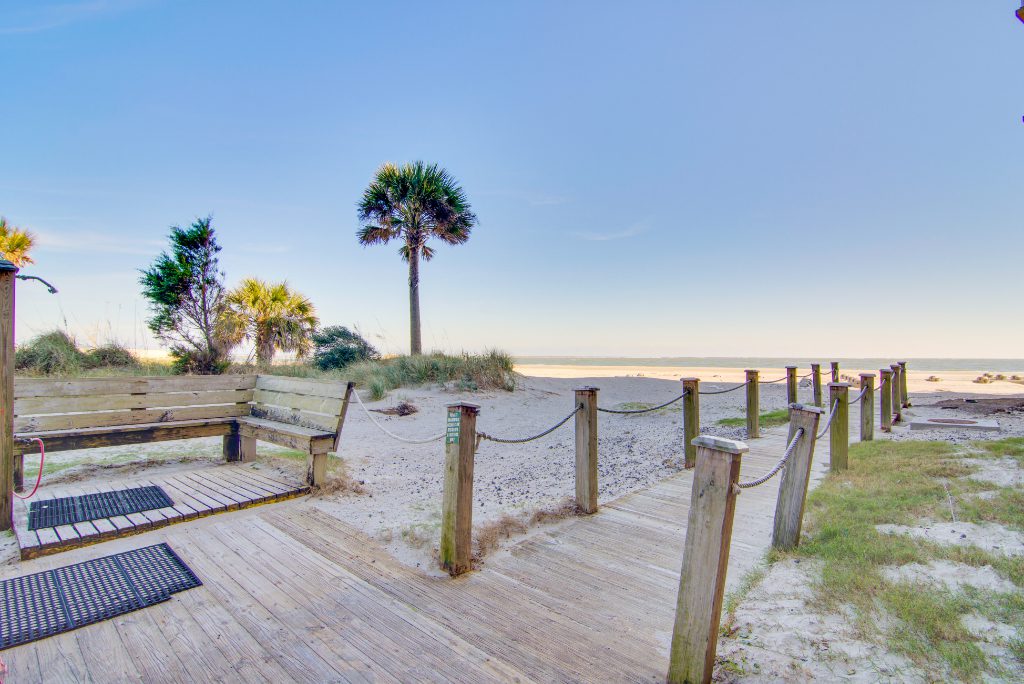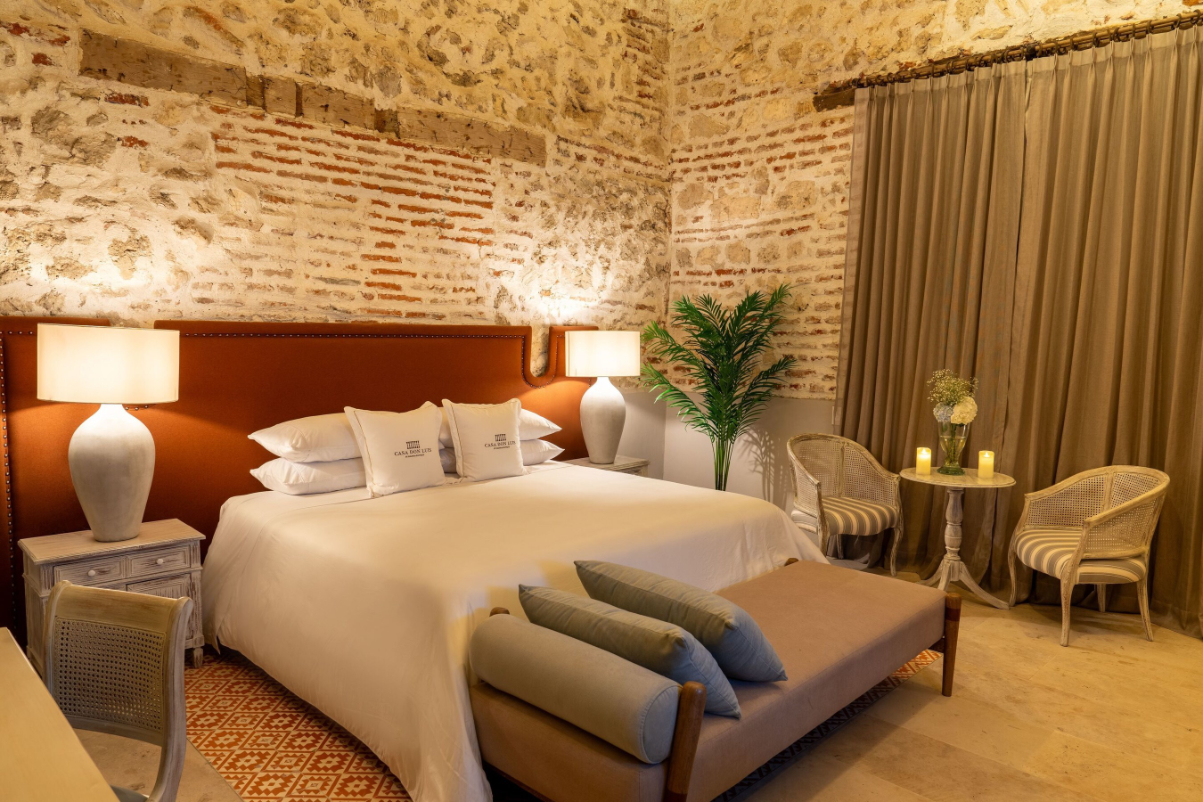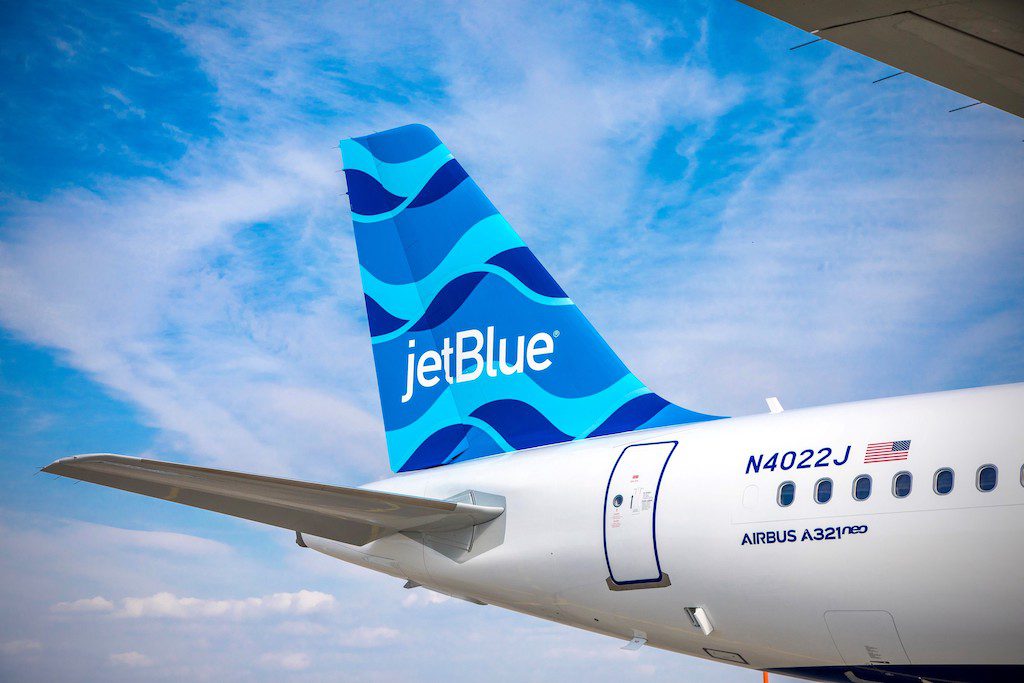Vacation Rentals Manager Vacasa Taps New Chief Financial Officer: Is an IPO Far Off?

Skift Take
While tourism has cratered because of the pandemic, Vacasa, the largest full-service vacation rental property management company in the U.S., remains committed to the sector. The Portland, Oregon-based company has resumed its mergers-and-acquisitions activity.
Looking ahead to a possible initial public offering, Vacasa announced on Tuesday it had tapped Jamie Cohen to be its chief financial officer. Cohen worked for more than a decade at ANGI Homeservices (owner of the Angie's List and HomeAdvisor brands), where she saw its annual revenue rise from $200 million to $1.4 billion. Cohen was introduced to the startup by Chris Terrill, a member of Vacasa's board and a former CEO of ANGI Homeservices.
"An IPO is definitely part of a possible future for us," said Vacasa CEO Matt Roberts. "Part of being prepared is having the right people on the team with the right level of experience. So Cohen is a great, great addition in that regard."
Cohen replaces Jim Grube, who joined Vacasa in July 2019 after being the chief financial officer for the online pet products retailer Chewy. Grube also served as Hilton's senior vice president of finance up to and through the company's initial public offering. Vacasa said Grube "left in November 2020 to pursue other opportunities."
Would Vacasa rule out an IPO in 2021?
"I won't get into specific timing with you," Roberts said. "The focus right now is really around the growth of the business, supporting that growth and getting ourselves in a position to be an independent public company at some point."
Vacasa has partly benefited from a surge of U.S. consumer interest in short-term rentals during the pandemic. Skift Research's Travel Tracker has shown that the vacation rental market share of total accommodations doubled between February 2020 and November 2020.
'There's been an acceleration of that existing trend," Roberts said. "We actually haven't had much of a shoulder season in this 'shoulder season.' I attribute [the strong bookings] to people's ability to work and learn remotely. People have decided to take a week or two in a different location and have the kids do their homeschooling in the morning and then get outside."
Vacasa recently acquired Charleston, South Carolina-based Walk Away Stays and the 55 rental units it manages. In November, Vacasa acquired 45 rentals in the greater Jackson Hole area by taking over Mountain Property Management's short-term rentals.
While small, the deals show Vacasa tip-toeing back into mergers and acquisitions in the U.S. market. Before the pandemic, Vacasa led a fast-paced acquisition program, completing 160 transactions since 2016. The startup has raised about $634 million in private equity funding to date.
"Acquisitions are a big part of our business plan because they help us enter new markets or in certain cases substantially increase the density of vacation rentals in a given market," said Roberts. "But it can take time. We've been in talks with the seller of Mountain Property Management for years."
Vacasa said the pace of reservations has been strengthening. On the fourth and fifth of January, the company had two of its highest booking days in the past six months. Its seven-day average for new bookings is about 50 percent higher than the trend in December.
In select markets, vacation rental bookings were strong in the second half of 2020. In the months leading up to its acquisition of Walk Away Stays, rental occupancy in South Carolina was up 23 percent year-over-year.
Booking agency Airbnb's initial public offering in December cast a spotlight on home rentals. In its financial filings, Airbnb said most of its bookings came direct, especially after its marketing pullback.
About 35 percent of Vacasa's revenue now comes from bookings direct to the company's site or mobile app. That compares to about 18 percent or 20 percent direct bookings in 2019, the company said. The startup doesn't do traditional TV or billboard marketing. Most of its other marketing is via the marketplaces like Airbnb, Booking.com, and Vrbo.
Vacasa's largest acquisition to date was of Wyndham Vacation Rentals. It announced that deal that closed in October 2019 at a final price of $162 million. It brought the various brands under Wyndham Vacation Rentals under Vacasa's brand and its tech platform in 2020. The last piece of the merger takes place later this month.
Despite the renewed acquisition activity, Vacasa is sticking to the U.S. for targets.
"There's so much growth available in North America," Roberts said. "So our focus right now is to figure out how to execute against this."





